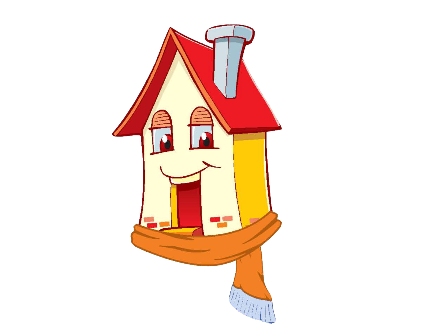Leave your heating on low, or timed?
Heating your home efficiently
One of the most popular questions a domestic gas heating engineer is asked, is one that is not that easy to answer, and is specific to each individual.
"Is it better to leave my heating on low all day, or is it best to have it on the timer to come on for a couple of hours a day??"
You need to look at several factors such as; your lifestyle requirements, boiler and system efficiency, level of insulation in the home, and ultimately your current gas consumption.
|
|---|
Modern Houses
If you live in a well insulated house, with a modern boiler and system, and you sensibly air the house with doors and windows not open too often, then it may be more economical for you to leave the heating on a low temperature for longer periods. Set the room thermostat to a low temperature (such as 19-20 degrees C), and also a low temperature on the boiler thermostat (a user controllable knob on the boiler which controls the temperature of the water inside the radiators, the lower this number = the more gentle the heat and a slower warm up time = less gas used, and then conversely the higher this number = the hotter the radiators = quicker more intense heat = more gas used) That way, there will be less energy used in keeping the temperature in the house "ticking over". Maintaining the desired temperature will use less gas.
Older Houses
If you live in an older style property, with poor insulation and no double glazing, you are probably best off limiting the amount of time your heating is on, by being frugal with the time settings. It will be difficult to retain the heat, so remember to shut internal doors and windows to prevent draughts and further heat loss. You may not even have a room thermostat to control the heat level. It would save money to get one fitted! Additional measures can be taken such as draught proofing, and also upgrading radiators to more efficient style convector radiators (which produce more heat with the same amount of water running through them) It's probably best to have the boiler thermostat higher, but have the heating on for smaller periods. Either way, it will take a lot more energy and gas to heat a property where heat loss is a major concern. There is no real efficient model answer for older style properties that have not been brought up to date.
Trial and Error
It's all a balancing act with central heating, and it all comes down to your gas bills, can you afford to have your heating on all day long?? Do you need it on all day long, if you're at work, what's the point??
The best answer would be to try both ways, and one may be cheaper than the other, you never know!

